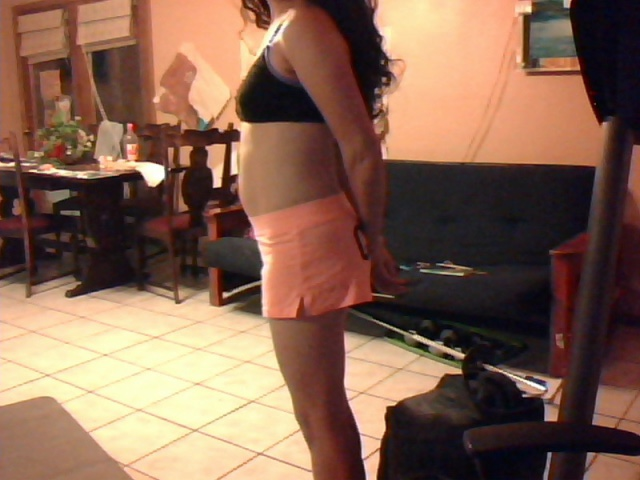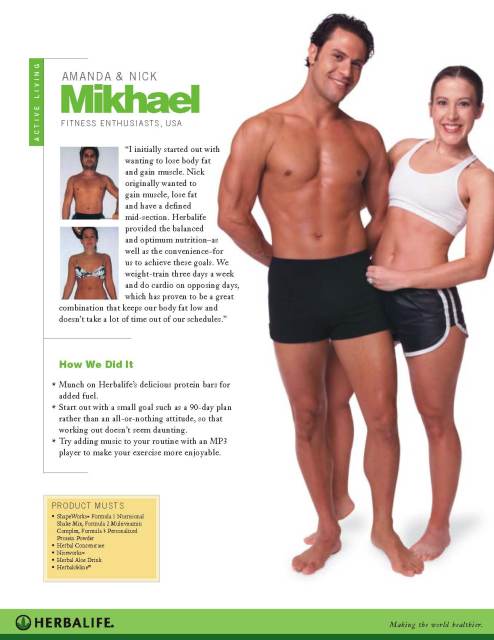Lose Weight > Question and Answer > Nutrition Dieting > After bad meal, question on time and exercise
After bad meal, question on time and exercise
Question
Ms. Ray,
Thank you for your time! Although I am not a binge or yo-yo dieter, I've had meals, as everyone does, that they regret later (especially over the holidays!). My question is this: After a high carb or high fat meal (I'm lumping them together, the answer could be different for one), how long, on average, would it take for those extra calories to actually show up in fat storage areas (make their way into a belly, thigh, etc, to the point that you could actually see or feel a difference)?
I imagine it would be at least a day, but I can't find any reliable (non-anecdotal) answer.
Also, if a person were to perform cardiovascular exercise within that time period (say, halfway in between the meal and its storage into fat), would that exercise help reduce that weight gain? Or, would it be too late and/or only apply to subsequent meals?
Sorry for the wordiness. Thanks!
-Ben H
Those are fantastic questions! The best way to answer it is to give you a bit of background first. Keep in mind that what I am about to tell is a basic overview. I could answer your questions in a book because there is so much to tell (and so little space).
1. The whole digestive process takes an average of about 12 hours. Keep in mind that most people are not average. Also, because of illness or other disorders that impact the function of the digestive system, food could digest faster or slower. Foods themselves also are digested differently. For example, simple sugars (the stuff of Christmas heaven) go fairly quickly into the blood stream, while fiber-filled carbs (veggies, for example) take longer.
2. As far as glucose metabolism (and most everything eventually is converted to glucose), the body has different ways of handling it. Some gets stored in the liver, some in the muscle, and some as fat. First, it goes into the bloodstream to go where it has to go to become what the body wants it to become. When you exercise, you use the most available form of glucose which is the glucose in the blood(great reason not to eat right before a work out). Then (and this is loosely defined by the body not experts), when that is used up, the body will use the glycogen in the muscle (depending on what exercise you are doing). Last, you burn fat for energy (keep in mind that moderate exercise like walking uses less glycogen from the muscle and more stored-fat energy). The stuff stored in the liver is a different form and is redistributed to the muscle, etc. when glycogen is used up.
Now, having said all of that (talk about wordiness), you can reduce the storage by exercising throughout the day (key word 搕hroughout? on those heavy days. You can do moderate exercise 5 minutes every hour or walk for 15 minutes about 30 minutes after the meal. You can keep active through the day. There are so many ways to get the sugar in the blood stream used up before it becomes the stuff that thighs are made of.
As far as seeing it on the places that you don't want to see it, well, that will not happen quickly. Let抯 say that you eat 5000 calories (please don抰) that day, but you sit around all day and do nothing using up about 1500 calories (we're going to pretend you have a device that tells you this) The difference is 3500 calories. That is one pound of calories that could possibly be stored as fat. The problem is that the body distributes it, evenly or unevenly, throughout the different storage parts of the body (which is pretty much everywhere). It would take many of those meals and diligent measuring to see the change other than on the scale. The answers are anecdotal because there is no real answer. There are theories and basic understanding. The bottom line is that the body has many ways of handling the food (calories) that we eat. It addresses its needs first, then storage. So many different things come into play when it comes to how the energy from food is changed into energy for the body. However, without being a scientist, you can use the simple basics to maintain your weight when someone graces you with a pound of chocolate fudge as a Christmas present.
I hope this helps you to understand some key points. So much information exists out there that is incredibly conflicting simply because every person is individual enough that results are bound to be different in everyone. People truly should spend time getting to know their body well and become their own expert!
- Prev:Oats and weight loss
- Next:diet and weight loss
Related Articles
-
Energy drink, protein boost, corn syrup
QuestionI currently drink 1 High Protein Boost drink per day as a
-
Hello! Could you give me some...
QuestionHello! Could you give me some advice as to how to control
-
Nutrition label
QuestionPillsbury waffles sodium content is 510mg per serving or
-
1 year old nutrition
QuestionHello, I have a 1 year old son and am confused as to how
-
Gut
QuestionI am 50,in pretty good shape for my age. I run and hit th
-
My high fiber, high protein, low fat, medium carb diet failed!
QuestionI have tried nearly every trick there is. Many pill




